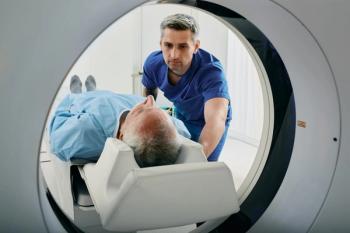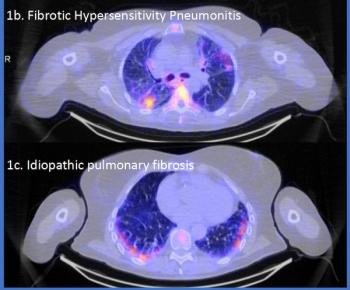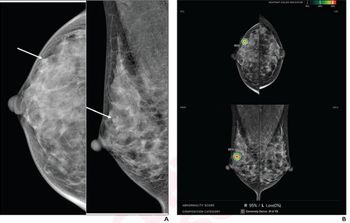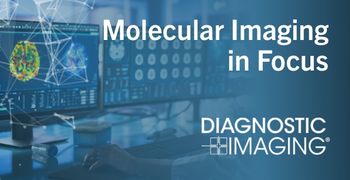
Artesian expands tech support
PACS provider Artesian Medical will increase the size of its integration lab housed in Cassling Diagnostic Imaging’s (CDI) 50,000-square-foot ISO 9002-certified facility in Omaha, NE. As part of the reorganization, new and more proactive service
PACS provider Artesian Medical will increase the size of its integration lab housed in Cassling Diagnostic Imaging’s (CDI) 50,000-square-foot ISO 9002-certified facility in Omaha, NE. As part of the reorganization, new and more proactive service support will be available through the concentrated support at the facility. The expansion is expected to more than double the company’s service capacity. The networking integration lab designs, tests, and services the PACS equipment for each Artesian customer.
Newsletter
Stay at the forefront of radiology with the Diagnostic Imaging newsletter, delivering the latest news, clinical insights, and imaging advancements for today’s radiologists.
















